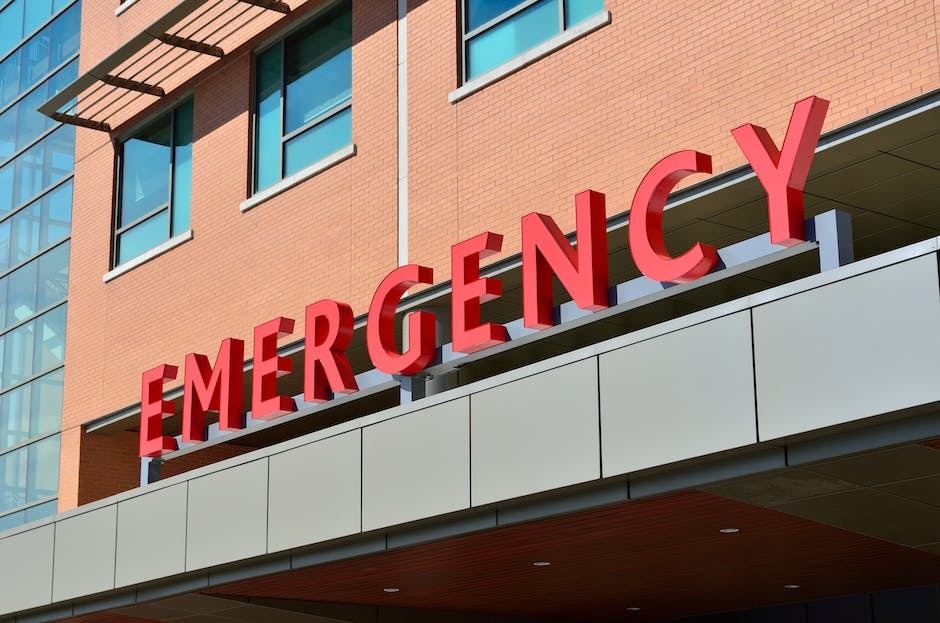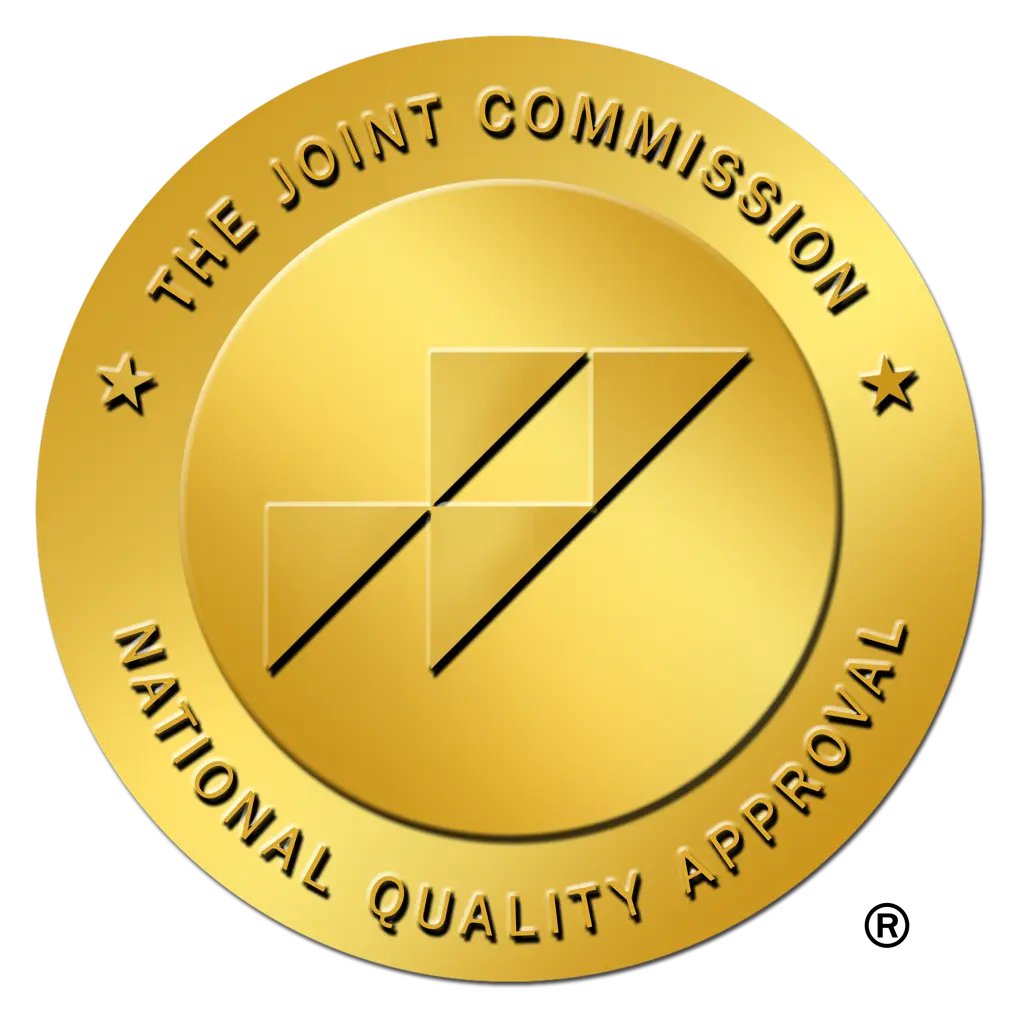On average, the emergency room (ER) is structured to treat all emergencies. Unfortunately, they are not as well equipped to care for and diagnose mental health crises. Emergency departments often tend to emergent physical ailments and then move patients to inpatient treatment or discharge them. With a mental health crisis, clients need a diagnosis and continued care in addition to stabilization. An ER can not handle a prolonged need for treatment. At the end of the day, that is not their primary function. Emergency departments are integral for treating individuals that require immediate medical care and intervention – not long-term treatment.
If you have an emergency regarding your mental health, a hospital can help with medical necessities. However, if you require long-term mental health care, consider seeking long-term mental health services today.
Emergency Departments: A Few Fast Facts
Some fast facts about 2020 emergency department visits in the United States, according to the Centers for Disease Control and Prevention (CDC), include:
- There were 131.3 million visits
- Of these, there were 38.0 million injury-related visits in 2020
- There were 40.5 visits per 100 persons
- About 18.6 million visits resulted in hospital admissions
- 3.1 million visits resulted in admission to a critical care unit
These are just a few facts to help you understand how busy emergency departments can be in a given year. Due to the high volume of visits, we often associate emergency departments with packed waiting rooms and long waits. Some people are cautious about going to the hospital for fear of adding to the chaos, but hesitating to call 911 can prove lethal if you have an emergency.
You can also learn more about emergency departments from an insurance perspective. Many may avoid going to the hospital in an emergency because they fear it will not be covered by insurance. A hospital will treat you “regardless of whether you have insurance,” and an insurance company can not charge you more for “getting emergency room services at an out-of-network hospital.” What you pay will depend on plans, policies, and specific rules in place by the hospital.
When Should You Go to the ER?
The National Library of Medicine indicates that individuals should call 911, the local emergency number, or go to the emergency department in situations where they experience:
- Choking
- Stopped breathing
- A head injury or passing out, fainting, and experiencing confusion
- Neck or spine injury, including loss of feeling or inability to move
- An electric shock or lightning strike
- Severe burn or wound
- Chest pain and pressure
- Seizures lasting over one minute or cause a person to remain unconscious
- Coughing or vomiting blood
- Severe allergic reactions, poisoning, or overdose of drugs and alcohol
Several reasons can cause some of the above circumstances. Of course, it can be challenging to know when a problem is severe, life-threatening, or benign. However, an emergency department can help with severe and life-threatening circumstances but is not designed for long-term care.
Why the ER Can Not Help With Chronic Mental Conditions
As mentioned, emergency departments are intended for short-term instances that require immediate medical care. However, they can help in a mental health crisis. A mental health crisis is a situation that exacerbates intense emotions, risks, and concerns. Mental health crises can inhibit your ability to function normally and trigger erratic and risky behaviors.
A mental health crisis can be hard to detect within yourself or a loved one. However, some signs of a mental health crisis include:
- Withdrawing from loved ones or isolating yourself socially
- Loss of interest in eating
- Experiencing excessive fatigue
- The inability to perform well at work or fulfill daily responsibilities
- Intense mood swings
- Loss of interest in hobbies and other enjoyable activities
A crisis may lead to the need for immediate medical services. For example, erratic behavior may lead to suicidal or violent thoughts, psychosis, substance use, or other complications.
Due to the high volume of visits, staffing shortages, and the fact that these departments are designed for short-term, immediate care, the ER can not make accurate diagnoses or offer the proper treatment. All they can do is treat accordingly and send people on their way or assign them to a critical care or long-term care unit. Otherwise, going to an emergency department for mental health crises may put you in a revolving door cycle. Instead, consider seeking specific crisis intervention and mental health care.
Consider Mental Health Care Today
Seeking mental health care can offer much more than an emergency department. For example, at Alter San Diego Crisis Intervention, we can help stabilize your crisis by:
- Defining the problem
- Ensuring safety
- Offering support
- Considering alternatives
- Creating a plan for clients
- Obtaining commitment
Additionally, long-term care such as ours can offer you medication management, whole-person wellness, support services, and safety planning to name a few things. For the most effective mental health care, consider a program like ours today.
There are several reasons to go to the emergency room (ER) for immediate medical treatment. Sudden injuries, accidents, and other unexpected health concerns require medical assistance, and hesitating to call 911 or go to the ER can be lethal. However, an ER can not offer long-term care, and it is not their job to do so. Mental health crises may lead to erratic or risky behaviors that require medical intervention, but the ER can not diagnose and treat your mental health. A long-term crisis intervention center can. Alter San Diego Crisis Intervention can help you identify the signs of a mental health crisis and treat it accordingly. For more information, call (866) 986-1481 today.

